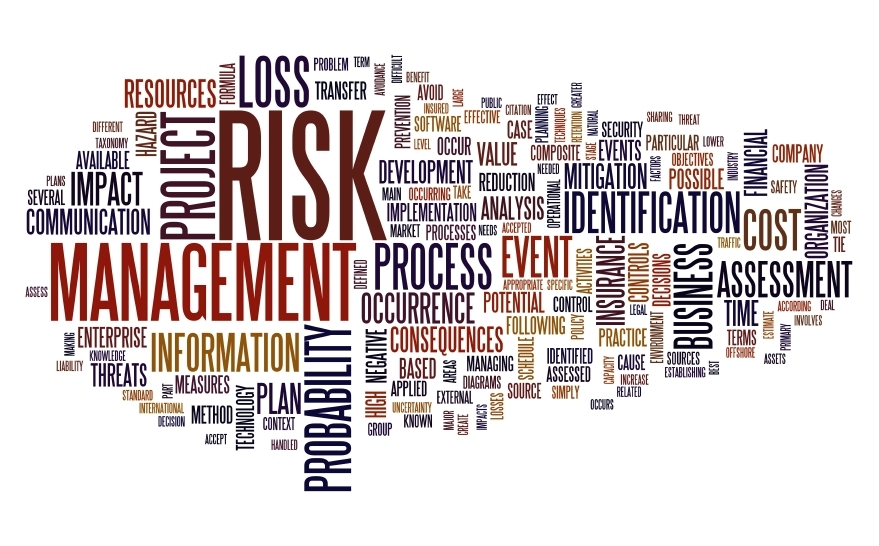 Argentina – in default, after all;
Argentina – in default, after all;- Ghana – a fresh pounding for the cedi;
- Iraq – a Kurd becomes president, but picking a PM will be harder;
- Korea (South) – a strengthened parliamentary majority for Pres. Park Geun-hye;
- Thailand – the military will keep an iron grip on power.
ANGOLA: The authorities are trying hard to raise oil output. The country needs to diversify its economy, though, and the problem is that Angola remains a difficult place to do business… Economic growth has slowed sharply, but is now picking up again. At that, economic progress is not being matched by political progress.
BRAZIL: Worried about the risk of the economy falling into another recession, the CB has unveiled a USD 20-billion credit boost, but there are no assurances that this will keep the economy from slipping. The state of affairs is not helping Pres. Rousseff’s re-election prospects.
BULGARIA: It was political instability and a digital smear campaign that created the country’s worst banking crisis since the 1990s, not systemic weakness. The financial sector will, no doubt, recover, but whether the now-impending snap elections will usher in a better and more stable government is another question.
INDONESIA: Now that Joko Widodo has been confirmed as President-elect, he, as the new face of Indonesian politics, will not find it easy to live up to the expectations and the confidence the voters have placed in him. There are five challenges he will have to overcome right away when he takes office in October
IRAN: The latest round of talks on the nuclear program has ended with merely an agreement to extend the negotiations. The new deadline is as meaningless as the old, expired one was, simply because Teheran does not want a deal constraining its activities. The economy is in trouble, but there have been some improvements.
KYRGYZSTAN: Economic as well as political ties with Russia are growing, although Moscow has not been as forthcoming financially as Bishkek had expected. Growth has slowed from last year’s unsustainable pace, but developments are still not bad, internally or externally.
RUSSIA: Now that the EU and the US have announced more potent sanctions, there will be a tangible effect on the Russian economy. There will also be collateral damage for Western companies doing business with Russia. One must seriously doubt, though, that the embargos will have the desired effect.
SAUDI ARABIA: Concerned about developments in Iraq, the House of Saud has opened the door to an at least temporary detente with arch-enemy Iran. Eager to diversify the economy away from hydrocarbons, meanwhile, the authorities are promoting the entry of foreign firms while becoming more selective about which ones they let in.
This page is provided by S.J. Rundt & Associates, Inc., specialists in country risk assessment, consultants to multinational companies & banks, and publishers of Rundt’s World Business Intelligence and The Financial Executive’s Country Risk Alert. To order a subscription or individual issues of these reports, in print or by e-mail, contact S.J. Rundt & Associates, P.O. Box 1572, Montclair, NJ 07042; Telephone: (973) 731-7502, Fax: (973) 731-7503; E-mail: info@rundtsintelligence.com; Web site: www.rundtsintelligence.com.






















